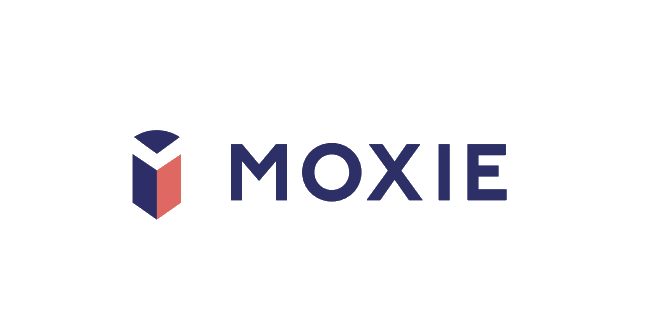Navigating the Ethics of AI in Academia: A Call for Clear Guidelines
By Drs. Desi Richter & Kimberly Becker
Academia is at a crossroads as generative AI technology revolutionizes how we create and consume information. As thought leaders in AI and academia, we understand the concerns and confusion surrounding the ethical use of AI in higher education. The recent positioning of AI detection companies as "protectors of vulnerable people facing unfair accusations of cheating" raises eyebrows and highlights the urgent need for widely accepted and well-promoted guidelines on responsible AI usage.
Graduate students, postdocs, researchers, and faculty are grappling with the question of what constitutes ethical AI usage. The line between AI assistance and plagiarism is blurred, and the lack of clear guidelines leaves many feeling lost and vulnerable to potential accusations of academic misconduct.
While AI detection tools may seem like a quick fix, their questionable marketing tactics only exacerbate confusion and potentially exploit the fear of vulnerable individuals. Instead of relying on these tools, we should establish comprehensive integrity protocols and usage guidelines that foster a culture of academic integrity.
These guidelines should address several key areas:
Proper citation practices: Clear rules on properly citing AI-generated content, ensuring transparency, and avoiding plagiarism.
Distinguishing AI assistance from plagiarism: Defining the boundaries between acceptable AI assistance and unacceptable plagiarism, with examples and scenarios to clarify the distinction.
Fostering a culture of academic integrity: Promoting values of honesty, originality, and ethical conduct in the age of AI, emphasizing the importance of critical thinking and original contributions to knowledge.
Responsible AI usage: Outlining best practices for integrating AI into academic work, including research, writing, and teaching.
The development of these guidelines should be a collaborative effort, drawing on the expertise of scholars, ethicists, AI researchers, and educational leaders. By involving diverse stakeholders, we can ensure that the guidelines are comprehensive, fair, and reflective of the values and priorities of the academic community.
Furthermore, these guidelines should be widely disseminated and integrated into academic policies, curricula, and professional development programs. Educational institutions must take a proactive role in educating their communities on the responsible use of AI and upholding the highest standards of academic integrity.
As we explore this new world of AI-assisted academia, we must maintain a steadfast commitment to ethical conduct, intellectual honesty, and the pursuit of knowledge. With clear guidelines and a culture of integrity, we can leverage AI while preserving the core values that define the academic enterprise.
